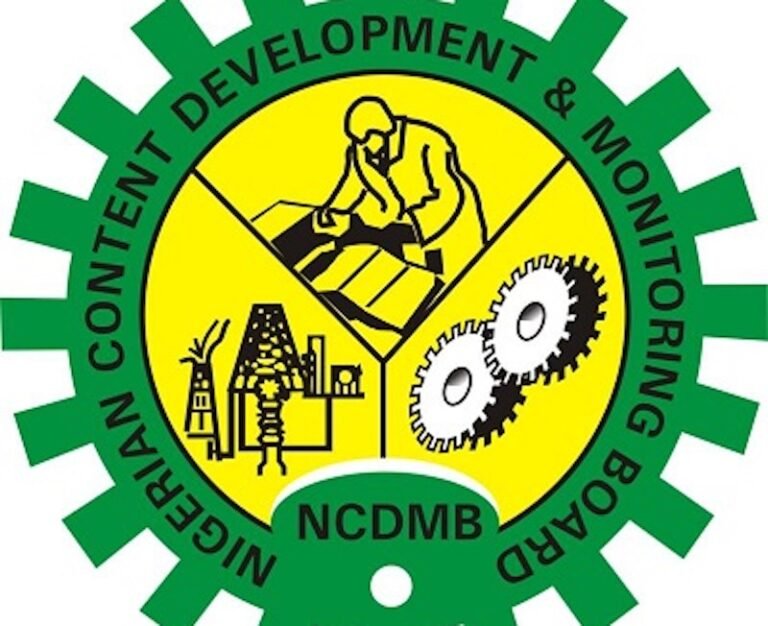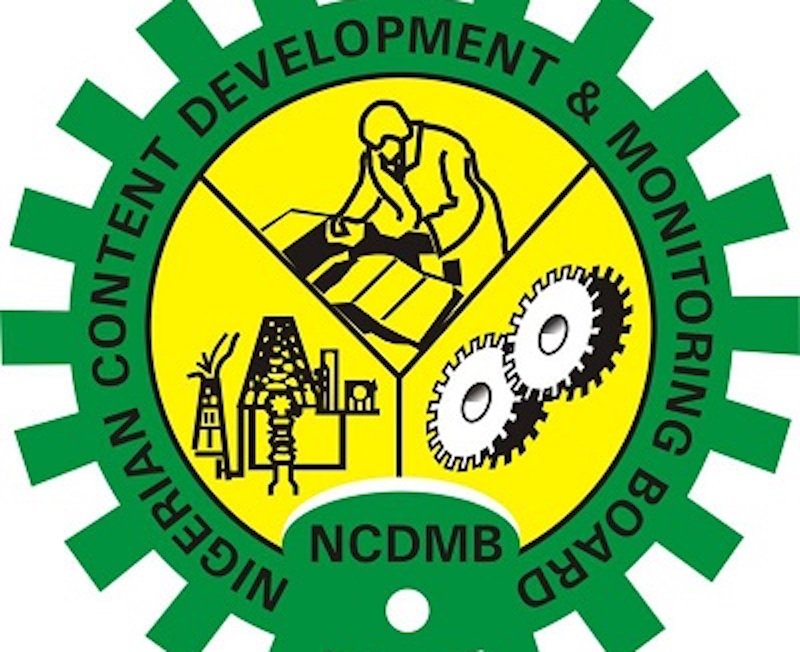For the first time in several years, Nigeria’s naira has not only stabilized but actually appreciated across both official and parallel foreign exchange markets. This remarkable shift comes against the backdrop of Nigeria’s chronic currency volatility, raising critical questions about whether this represents a genuine turning point or merely temporary relief before the next crisis.
At the official Nigerian foreign exchange market, the naira strengthened by an impressive 10.8% year-on-year, closing at 1,498.97 naira per dollar on September 19, 2025. This compares favorably to the 1,661 naira per dollar rate recorded a year earlier, marking a significant departure from the currency’s historical depreciation trend.
The parallel market has shown similar resilience, with the naira gaining 9.2% year-on-year to trade at 1,514 naira per dollar. This represents a substantial improvement from the 1,654 naira per dollar rate seen in September 2024, demonstrating convergence between official and parallel market rates.
Three Structural Shifts Drive Currency Recovery
The introduction of the B-March foreign exchange platform in December 2024 has fundamentally restored market confidence. By reducing opacity and speculation, the platform has enabled fairer price discovery while curbing the rent-seeking behavior that plagued Nigeria’s FX market for years.
The operational impact of the Dangote refinery represents perhaps the most significant structural change in Nigeria’s economy. For decades, petroleum imports consumed 30 to 40% of Nigeria’s foreign exchange demand, creating persistent pressure on the naira.
With local refining now operational, this demand pressure has reduced significantly. This single development may prove to be one of Nigeria’s most consequential economic turning points in recent history.
Average daily foreign exchange market turnover has surged by 53.9% to reach $317 million, while foreign reserves have climbed 12.6% to $41.2 billion. Stronger inflows from the Nigerian National Petroleum Corporation (NNPC), renewed appetite from foreign portfolio investors, and higher diaspora remittances have collectively strengthened Nigeria’s external buffers.
Policy-Driven Stability
While recent gains are undeniably promising, the current naira stability remains policy-associated rather than productivity-driven. Without a structural increase in non-oil exports and industrial output, Nigeria continues to face vulnerability from oil price swings and global capital flow fluctuations.
The Central Bank of Nigeria and federal government must maintain policy discipline to preserve these gains. Any return to multiple exchange rate systems, unclear market interventions, or fiscal dominance could quickly erode the progress achieved so far.
Investment Opportunities Emerge Amid Reduced Currency Risk
The current environment presents compelling opportunities for investors seeking exposure to Nigerian assets.
Reduced currency risk has created space for increased exposure to naira-denominated assets, with equity, fixed income, and real sector investments now offering clearer risk pricing.
Investors can consider reducing exposure to dollar-related investments while taking advantage of attractive naira fixed income rates.
The improved currency stability makes Nigerian assets more appealing to both domestic and international investors.
Risk Management Remains Critical Despite Stability
Despite the positive developments, portfolio diversification and hedging strategies remain essential. Investors should maintain their dollar investment allocations as a hedge against potential volatility, recognizing that structural weaknesses persist in the Nigerian economy.
A sharp decline in global oil prices, unexpected fiscal pressures, or disruptions in foreign portfolio flows could quickly test the naira’s resilience.
The balance of evidence suggests more stability than volatility in the short term, but prudent risk management is crucial.
Structural Reforms Show Promise But Require Persistence
Nigeria’s current currency stability demonstrates that comprehensive reforms can work when pursued consistently. However, lasting stability will ultimately depend on the country’s ability to diversify its export base beyond oil to include manufactured goods and services that generate foreign exchange.
The success of recent policy interventions, particularly the B-March platform and the impact of local refining capacity, provides a blueprint for further structural improvements. Continued policy discipline and reform implementation will be critical to maintaining momentum.


























